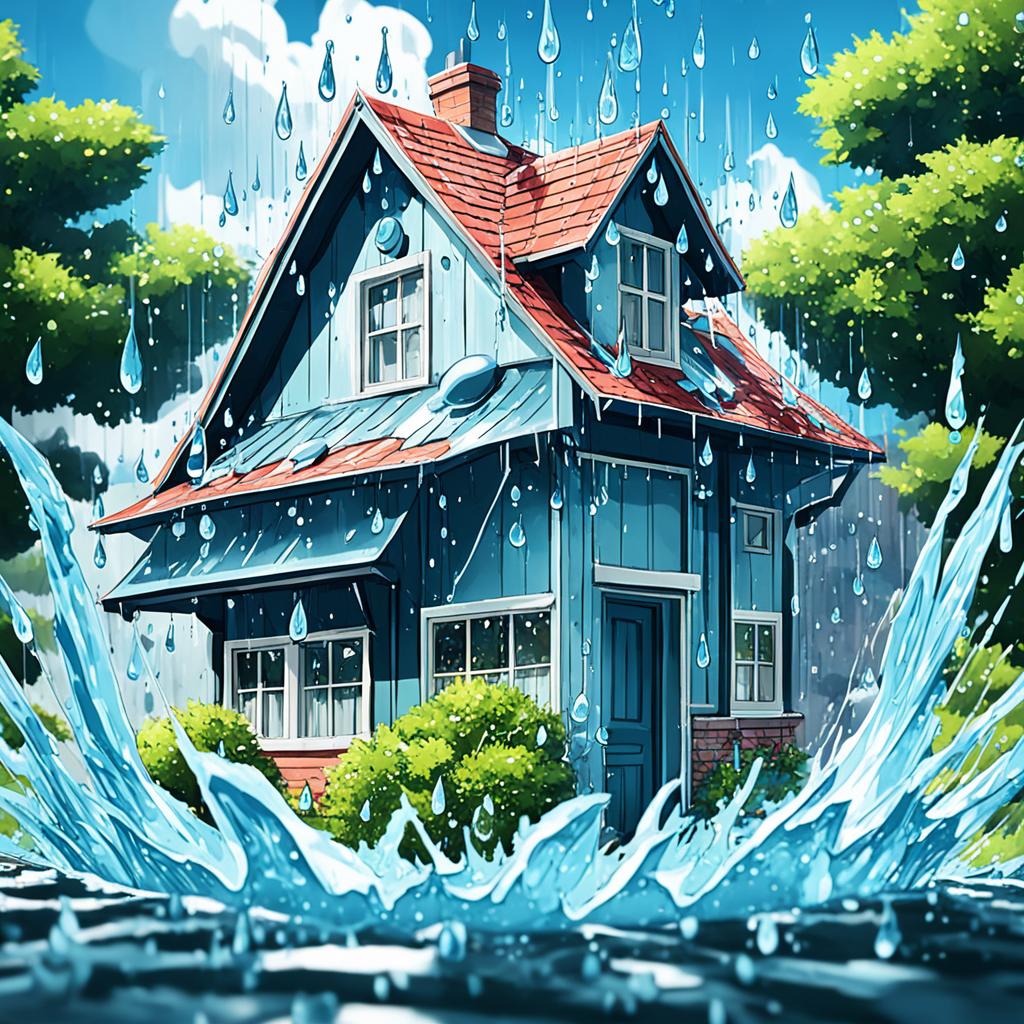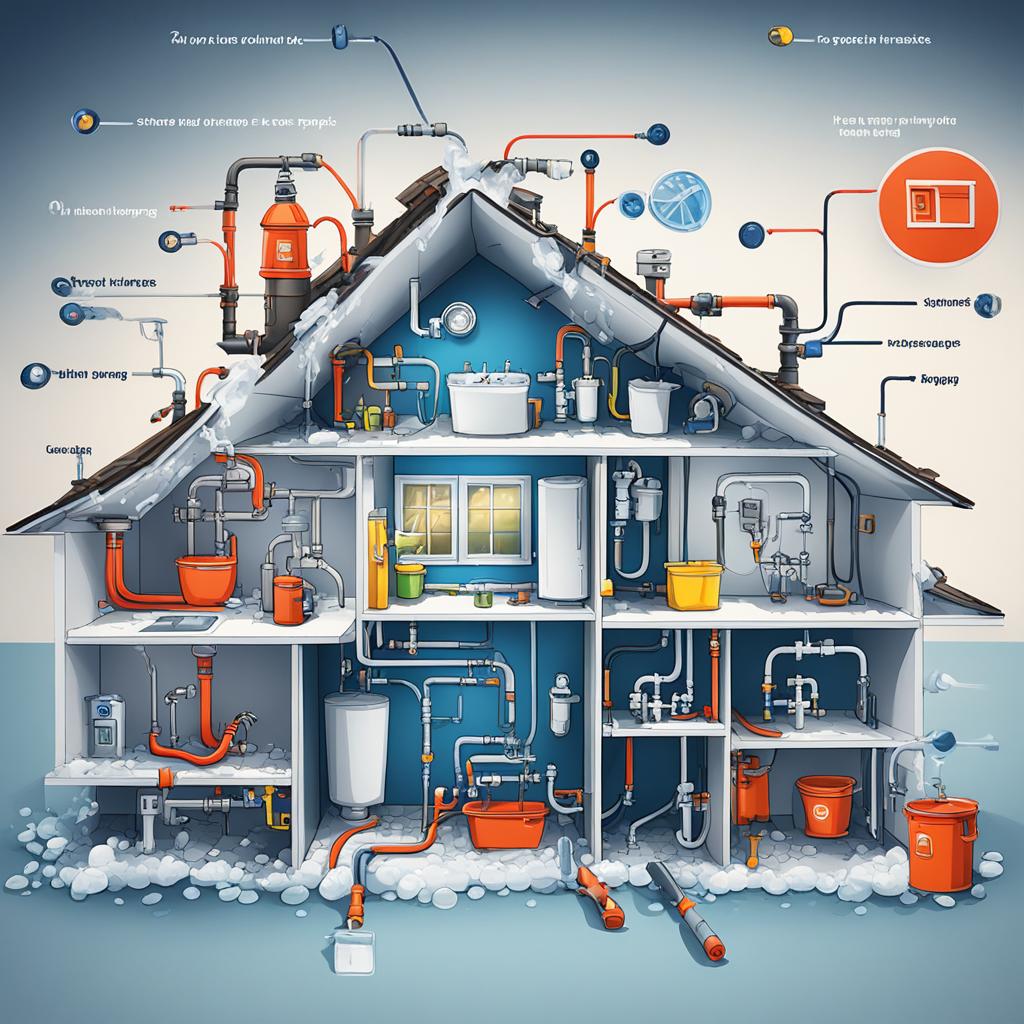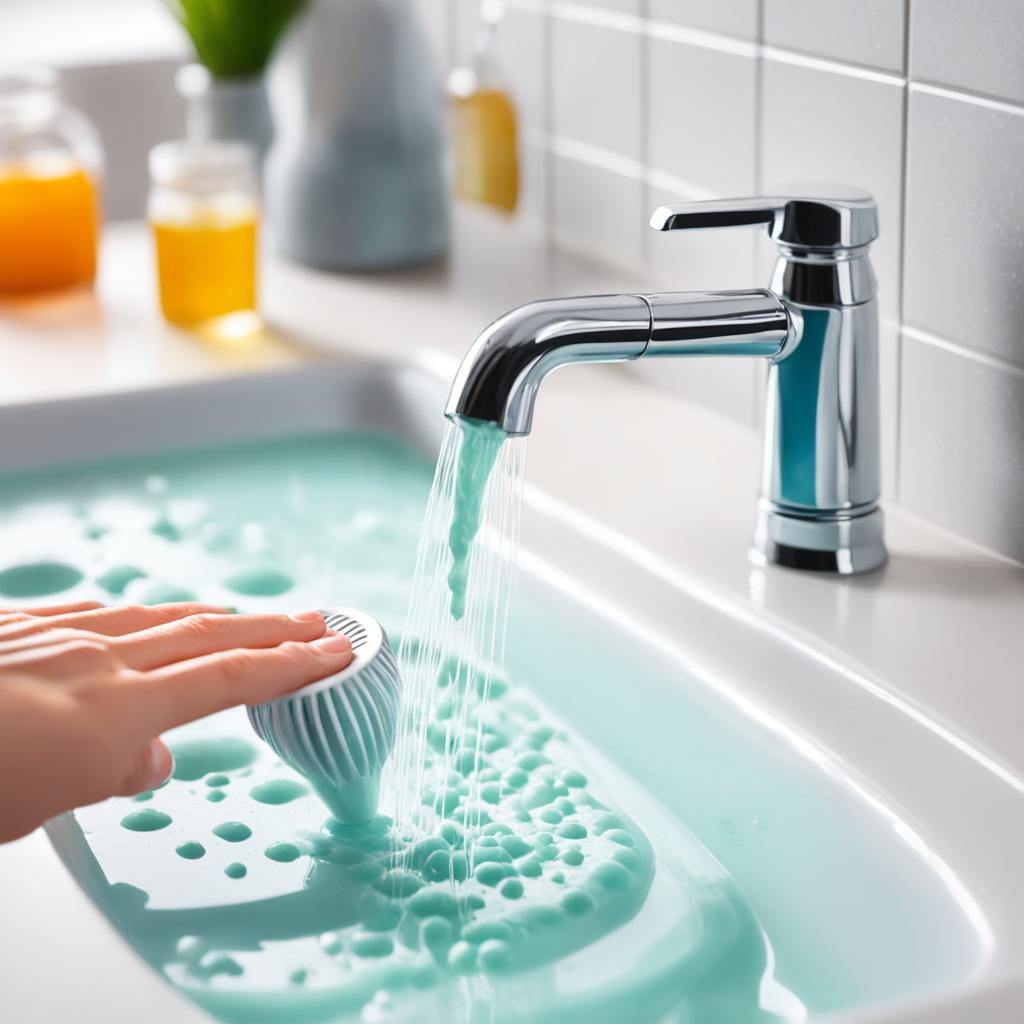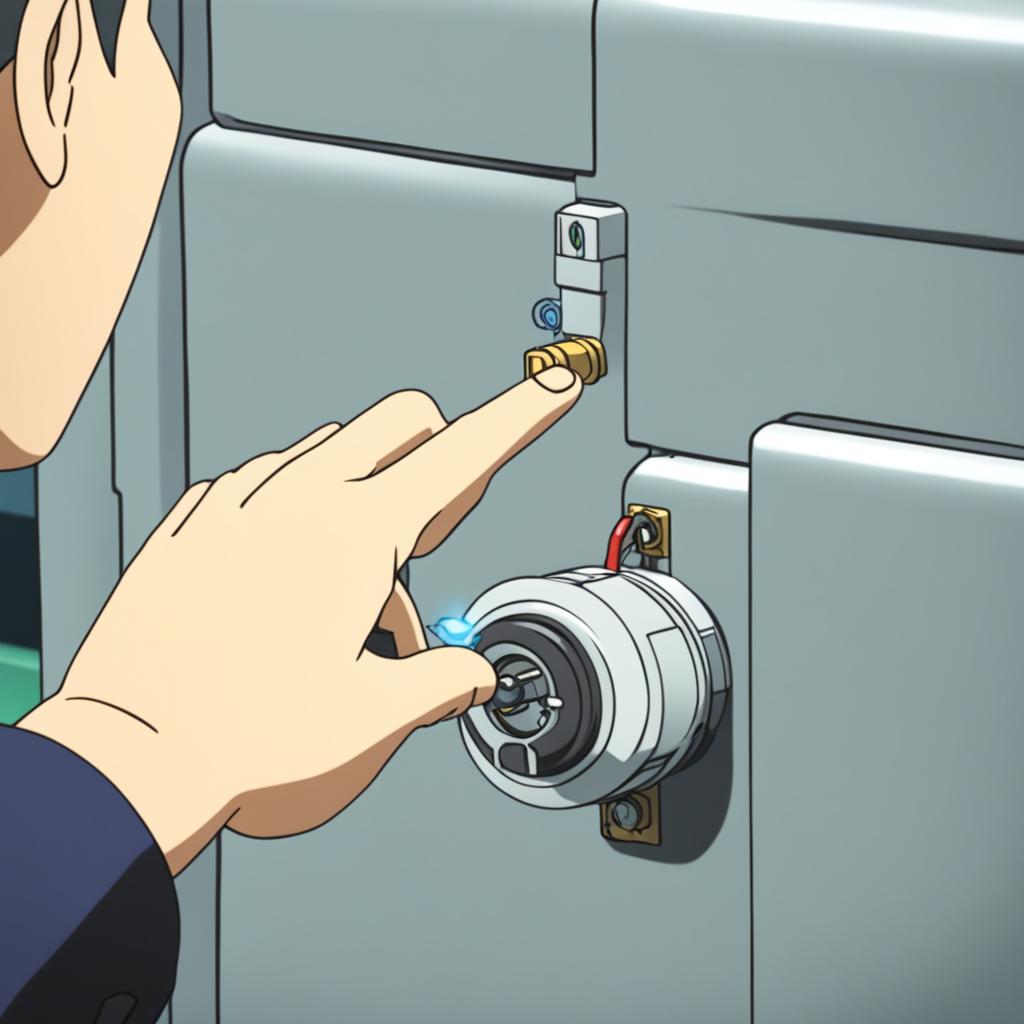When you embark on a well-deserved vacation, the safety of your home should be a top priority. But what about your gas supply? Should you turn it off or leave it on? This is a question that often puzzles homeowners when preparing for an extended absence.
While opinions on this matter may vary, it is crucial to consider the potential risks and emergencies that could arise while you are away. Is it worth the peace of mind to turn off the gas? Or does leaving it on offer its own set of advantages? Let’s take a closer look at the pros and cons of turning off the gas while on vacation.
By exploring the factors involved and understanding the impact of your decision, you can make an informed choice that aligns with your vacation safety and home security goals. So, let’s dig deeper into this intriguing question and find the answers you need to ensure a worry-free vacation.
Shutting Off the Water Supply

One common precaution homeowners take before leaving for vacation is turning off the water supply. This can prevent leaks and potential water damage in case of plumbing issues. However, it’s important to note that some appliances, like sprinkler systems, may still require water.
Consider shutting off the water supply to individual appliances like washing machines and toilets, while keeping the water supply to essential systems intact. Another option is turning off the water at the meter if possible.
By taking these plumbing precautions, you can ensure that your home is protected from leaks and water damage while you’re away.
Here’s a handy table summarizing the different options for shutting off the water supply:
| Option | Description |
|---|---|
| Shut off water to individual appliances | Turn off the water supply specifically to appliances like washing machines and toilets while keeping the water supply to other essential systems intact. |
| Turn off the water at the meter | If possible, locate your water meter and turn off the main water supply to your home. This will shut off the water to all fixtures and appliances. |
By following these simple plumbing precautions, such as turning off the water supply, you can reduce the risk of leaks and potential water damage while you enjoy your vacation. It’s always better to be safe than sorry when it comes to taking care of your home’s plumbing system.
Checking for Leaks and Damage

Before going on vacation, it’s essential to inspect your plumbing system for any leaks or damage. Taking the time to address small issues can help prevent costly water damage while you’re away. Here are some key areas to inspect:
- Sink and Bath Faucets: Inspect all faucets in your home for any signs of leaks. Look for dripping water, water stains, or pools of water around the base of the faucets.
- Appliance Supply Lines: Check the supply lines of appliances such as washing machines, dishwashers, and refrigerators. Look for any cracks, bulges, or signs of corrosion. These can indicate an imminent leak.
- Outdoor Fixtures: Don’t forget to inspect outdoor plumbing fixtures, such as hose bibs and sprinklers. Ensure that the connections are secure and that there are no signs of leaks or damage.
If you notice any leaks or damaged components during your inspection, it’s important to fix them before you leave. This will help maintain the integrity of your plumbing system and prevent potential water damage. If you’re unsure how to fix the issue yourself, consider contacting a professional plumber for assistance.
Now that you understand the importance of inspecting your plumbing fixtures, let’s take a look at a table summarizing the potential consequences of neglecting these inspections:
| Consequence | Description |
|---|---|
| Water Damage | Leaking pipes or fixtures can cause water damage to your home’s structure, walls, flooring, and furniture. It can also lead to the growth of mold and mildew. |
| Increased Water Bills | Undetected leaks can result in high water bills due to wasted water. By fixing leaks promptly, you can avoid unnecessary expenses. |
| Plumbing System Malfunction | Failure to address damaged components can lead to a malfunctioning plumbing system, affecting the overall functionality of your home. |
By regularly inspecting your plumbing fixtures, fixing leaks, and preventing water damage, you can enjoy peace of mind during your vacation and return to a well-maintained home.
Cleaning Kitchen Sink Drains

When preparing for your vacation, it’s important to take care of every detail, including the maintenance of your kitchen sink drains. Neglecting this task can lead to foul odors and even clogs, causing inconvenience and potential damage to your plumbing system. To ensure a worry-free vacation, follow these steps:
- Remove Food Debris: Before you leave, make sure there is no leftover food debris in your kitchen sink drains. This can be done by running the garbage disposal and flushing water down the drains to clear any food particles.
- Manual Cleaning: If you still notice any residue in the drains after using the garbage disposal, manually remove it with a brush or drain snake. This will help prevent foul odors from developing while you’re away.
- Clearing Clogs: Check for any signs of clogs or slow-draining water in your kitchen sink drains. If you encounter a clog, address it before leaving to avoid any potential blockages while you’re on vacation. A simple DIY solution is pouring a mixture of baking soda and vinegar down the drain, followed by hot water.
By taking these preventive measures, you can ensure that your kitchen sink drains are clean and functioning properly, preventing foul odors and potential clogs while you enjoy your well-deserved vacation.
Inspecting and Maintaining the Water Heater
Your water heater is an essential component of your home’s plumbing system. Proper water heater maintenance is crucial to prevent leaks, malfunctions, and ensure its efficient operation. Before heading off on your vacation, take the time to inspect and maintain your water heater to avoid any potential issues.
Inspecting for Leaks and Damage
Start by visually inspecting your water heater for any signs of leaks, corrosion, or other damage. Look around the base of the tank, valves, and connections for any water accumulation or moisture. If you notice any leaks or suspect a problem, it’s important to address it promptly to prevent further damage and potential flooding.
Maintenance and Draining
Refer to the manufacturer’s manual for specific maintenance instructions for your water heater. Follow the recommended guidelines for flushing or draining the tank to remove sediment buildup, which can affect its efficiency and lifespan. This process helps prevent malfunctions and ensures the water heater operates optimally while you’re away.
If you’re going on an extended vacation, consider completely draining the water heater to prevent any unexpected leaks or damage. This precautionary measure can help minimize the risk of water-related incidents while you’re not home.
However, if you choose to keep the water heater running during your vacation, be vigilant and listen for any unusual noises or changes in performance. This could indicate a potential problem and should be addressed promptly upon your return.
| Maintenance Steps | Frequency |
|---|---|
| Inspect for leaks and damage | Regularly |
| Drain sediment buildup | Annually |
| Consider complete draining before vacation | Extended vacation |
Dealing with Frozen Pipes (Winter Vacations)
If you’re going on vacation during the winter, it’s crucial to take precautions to prevent frozen pipes. Freezing temperatures can cause pipes to burst, leading to costly repairs and water damage. To safeguard your plumbing system, follow these essential steps:
1. Drain all plumbing fixtures: Start by emptying the water from all plumbing fixtures, including washing machine hoses and dishwasher drain lines. This will remove any excess water that could potentially freeze and cause pipes to burst.
2. Open faucets: Open all faucets slightly to allow water to drain from the pipes. By doing so, you reduce the pressure in the pipes and minimize the risk of freezing. Remember to drain both hot and cold water lines.
3. Insulate exposed pipes: Insulating exposed pipes is another effective way to prevent them from freezing. Use foam pipe insulation or pipe sleeves to wrap the pipes and provide insulation against the cold. Pay close attention to pipes in unheated areas, such as basements, crawlspaces, and exterior walls.
4. Consult a professional plumber: If you’re unsure about the best course of action or if you need assistance with insulating or draining your pipes, it’s always a good idea to consult a professional plumber. They can offer expert advice tailored to your specific plumbing system and ensure it is adequately prepared for the winter.
By taking these preventive measures, you can significantly reduce the risk of frozen pipes and avoid the potential damage and inconvenience they can cause. Stay proactive and protect your plumbing system before heading out on your winter vacation.


